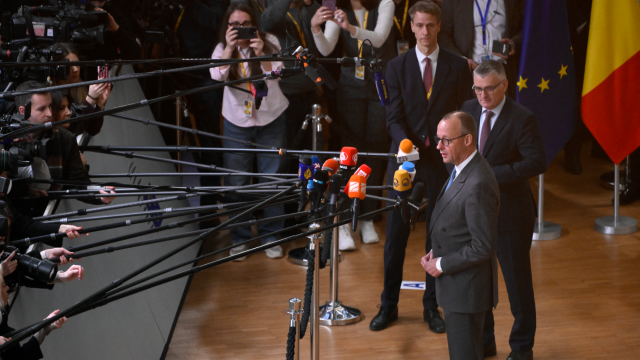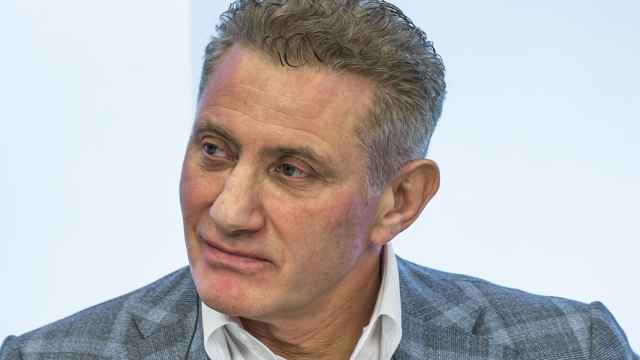There shouldn't be many macroeconomic scenarios that a finance minister is reluctant to countenance. But acting Finance Minister Anton Siluanov said Wednesday that an oil price of $35 dollars is far from his mind.
A repeat of the 2008 oil price crash is something the Finance Ministry is not expecting, Siluanov told a financial conference organized by Vedomosti. "One doesn't want to think about it," he said.
About 40 percent of Russia's federal revenue comes from energy exports — and for every $1 drop in the oil price, the Russian budget is $1.8 billion worse off.
The Finance Ministry has only calculated fiscal scenarios for 2012 predicated on oil prices that do not go below $60 a barrel. Asked about the possibility of a $35 a barrel price that was last seen amid the financial turmoil of 2008, Siluanov said it would require a complete global transformation.
"At under $30 dollars a barrel, we would be talking about a different economic environment, a totally different economic situation," he said. "I think that such a situation won't come about."
Russia's 2012 budget has been calculated on an oil price assumption of $100. Siluanov named $93 dollars a barrel as the 2012 tipping point for Russia's sovereign reserve funds — whether they will be added to or drawn from.
Siluanov is not alone in seeing high oil prices in the long term, despite debt problems on both sides of the Atlantic and the specter of a global recession.
Rising demand from China and other emerging economies coupled with unrest in the Middle East and declining output from traditional suppliers have worked to keep the oil market tight. All these factors appear unlikely to disappear in the near future.
Urals crude traded at $108 a barrel Wednesday. The Russian benchmark has only once, and very briefly, dropped below the $100 a barrel mark this year.
Notwithstanding the factors buoying the oil price, few have any doubts that a downturn in Europe and the United States would cut global demand for commodities and have serious consequences for the Russian economy.
"We are prepared for the situation to change for the worse," Siluanov said.
He admitted that Russia's fiscal response to a 2012 crisis would not be the same as 2008-09 when the government used its sovereign reserve funds created by his predecessor Alexei Kudrin to increase expenditures. Rainy day funds equated to 16 percent of gross domestic product before the 2008 crisis, whereas now they are just 8 percent of GDP.
"But this does not mean that there are more risks associated with the situation next year, we just need to take stricter measures if the situation gets worse," Siluanov said.
A Message from The Moscow Times:
Dear readers,
We are facing unprecedented challenges. Russia's Prosecutor General's Office has designated The Moscow Times as an "undesirable" organization, criminalizing our work and putting our staff at risk of prosecution. This follows our earlier unjust labeling as a "foreign agent."
These actions are direct attempts to silence independent journalism in Russia. The authorities claim our work "discredits the decisions of the Russian leadership." We see things differently: we strive to provide accurate, unbiased reporting on Russia.
We, the journalists of The Moscow Times, refuse to be silenced. But to continue our work, we need your help.
Your support, no matter how small, makes a world of difference. If you can, please support us monthly starting from just $2. It's quick to set up, and every contribution makes a significant impact.
By supporting The Moscow Times, you're defending open, independent journalism in the face of repression. Thank you for standing with us.
Remind me later.






